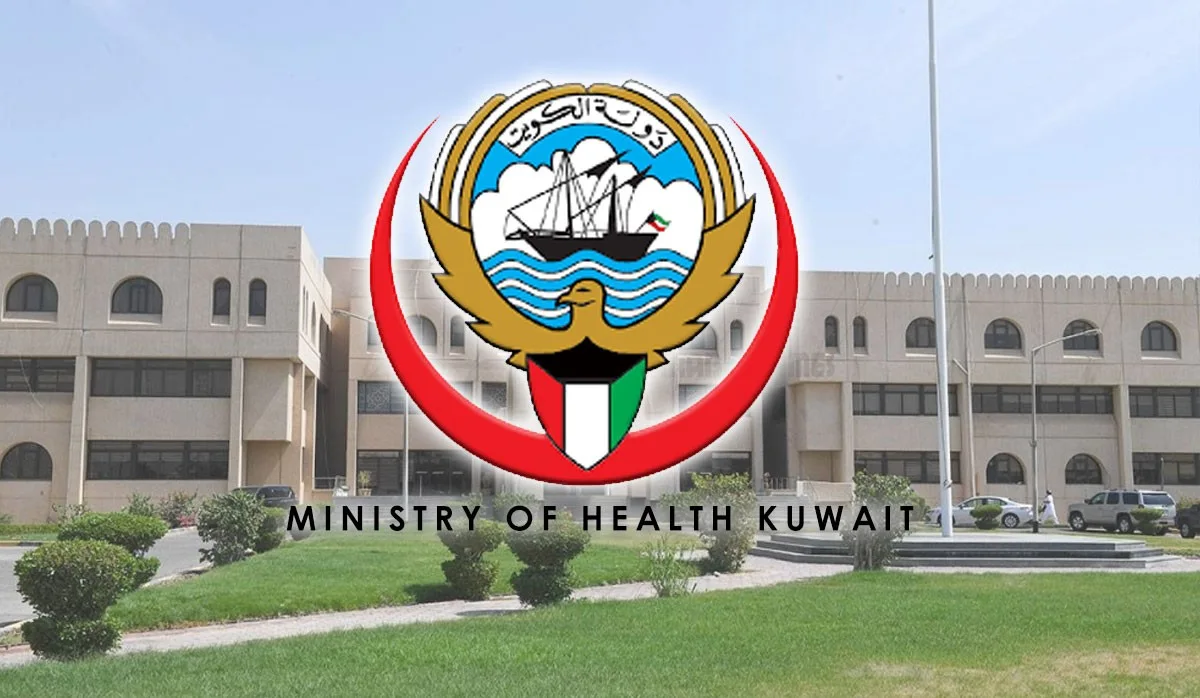28/10/2024
28/10/2024

In a speech he delivered at the conference held by the Ministry of Health’s Public Health Department regarding the most pressing health issues affecting individuals and society, Dr. Al-Awadhi explained that the vaccination schedule has been updated to enhance the prevention of infectious and dangerous diseases, in line with the advancements made by developed nations in this crucial area. The recent pandemics, such as COVID-19, have highlighted the importance of early planning and international coordination in combating cross-border diseases. It is important to prioritize early diagnosis and treatment, as well as understand the value of scientific research and global collaboration. It is also important to develop plans to safeguard tourists’ health, prevent the transmission of foreign diseases, provide medical guidance, and establish health regulations that adapt to new challenges. Dr. Al-Awadhi highlighted that modern innovation and technology are essential for improving healthcare services, enhancing response times to medical emergencies, and offering previously unheard-of chances for creating efficient health monitoring systems that deliver personalized care tailored to the needs of individuals and communities.
Meanwhile, Director of the Public Health Department and Chair of the conference Dr. Fahad Al-Ghamlas affirmed that the health crises faced by the world in recent decades, such as the emergence of new epidemics and pandemics, as well as the transmission of diseases from animals to humans, underscore the importance of the public health sector and its critical role in safeguarding community health. He stressed that public health encompasses more than just the prevention of infectious diseases, as it also includes areas closely related to community health, such as environmental health and sanitation. Dr. Al-Ghamlas explained that Kuwait has made remarkable progress in all medical fields, including public health. The Public Health Department is aligned with the state’s overall direction and has adopted a decentralized approach to delivering health services. This includes expanding the establishment of expatriate medical testing centers and creating traveler health clinics.
The department’s future plan includes expanding medical testing services for food handlers and other relevant categories, including both citizens and expatriates, as well as increasing the number of tuberculosis control centers. Digitizing services provided to the public is a top priority for the department, with the aim of facilitating access for visitors in collaboration with relevant authorities. A system has been put in place to allow for digital scheduling of appointments to conduct tests for expatriates, food handlers, and other groups. Health fitness certificates can now be obtained and results accessed through the government app Sahel, along with the availability of electronic vaccination certificates on the Ministry of Health’s website. Dr. Al-Ghamlas affirmed the department’s commitment to expanding the digitization of services and staying in line with the latest scientific developments, adding, “This will be achieved through collaboration with regional and international organizations to enhance service delivery, as well as through ongoing training for staff and the adoption of modern protocols and programs relevant to the department’s specializations”.


